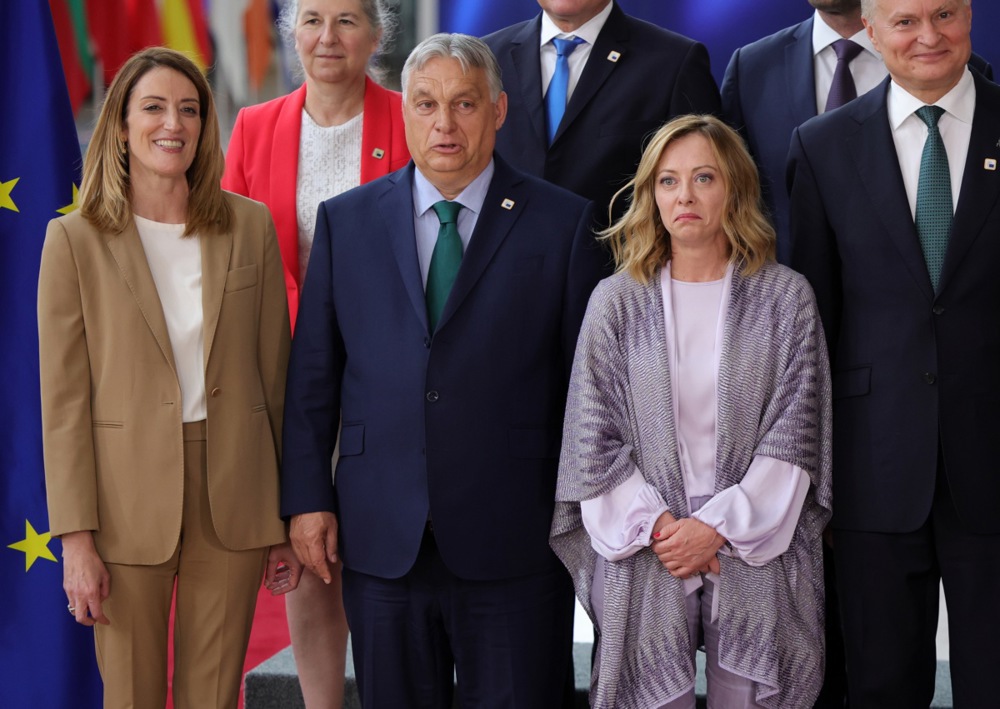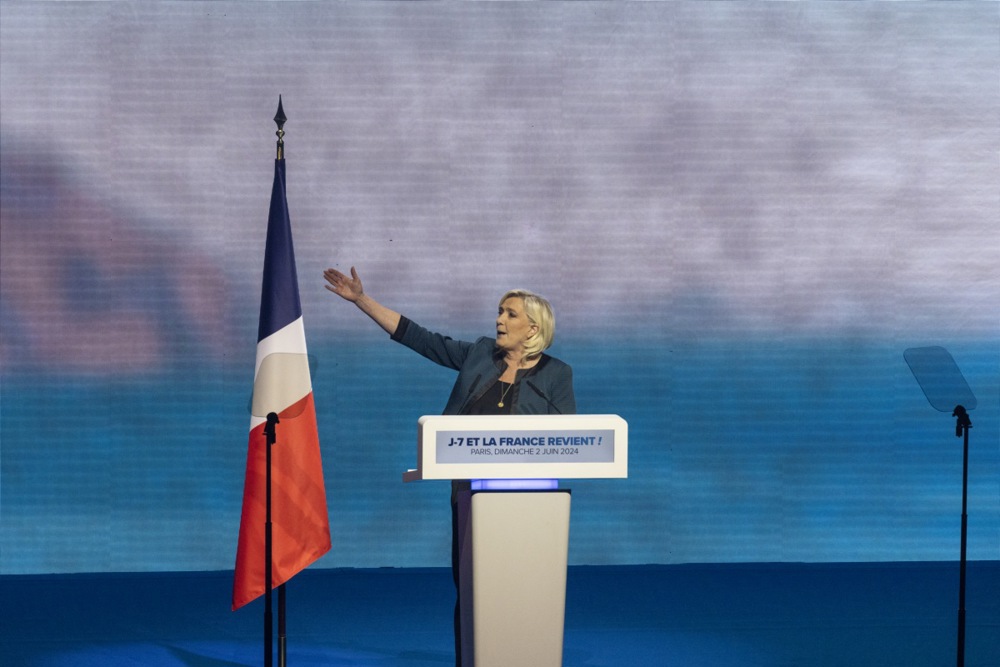The European Conservatives and Reformists (ECR) group has remained unaffected by the cordon sanitaire applied to other blocs in the European Parliament.
On July 23, MEPs divided among themselves jobs within EP committees and sub-committees and elected ECR members to sit on several of them, including the influential Budget Committee.
Charlie Weimers, an ECR member with the Sweden Democrats, told Brussels Signal: “The ECR has been on the sort of ‘right side’ of the cordon sanitaire.”
The right-wing group represents 11.7 per cent of MEPs elected to the different EP committees. In total, it secured three committee chairs (Budgets, Agriculture and Petitions) and nine vice-chairs. It also gained two vice presidencies.
The group’s success came despite the Dutch Co-President of the Greens in the EP Bas Eickhout’s call on July 18 that “all democratic groups in the European Parliament must take their shared responsibility to unite to stand up to the far-right”.
The ECR managed to avoid the cordon sanitaire, expanding its power from the last parliamentary term when it had one vice-president and chaired the Budgets Committee.
Co-Chairman of the group Nicola Procaccini celebrated the victory on X.
“The red and green leftists tried 13 times to buck our candidates. Sometimes by a single vote, by a larger margin: they lost 13 times” he wrote.
Today in the European Parliament we voted for the election of the Chairs and Vice-Chairs of the Committees. The red and green leftists tried 13 times to buck our candidates. Sometimes by a single vote, sometimes by a larger margin: they lost 13 times. I would like to thank all my… pic.twitter.com/EePUvKx23L
— Nicola Procaccini (@NProcaccini) July 23, 2024
It seems the cordon sanitaire that applied to the former EP Identity and Democracy (ID) group in the last legislature has now only been extended to the Patriots for Europe and Europe of Sovereign Nations blocs.
MEPs with the Patriot Alliance, the third-biggest group in the European Parliament, said they were outraged to find themselves under an apparent cordon sanitaire: the refusal of other parties to work with them.https://t.co/F8SpD7Wx85
— Brussels Signal (@brusselssignal) July 23, 2024
The ECR’s success in avoiding exclusion by other groups may be due to several factors.
Most of its candidates elected to EP committees and sub-committees are part of Italian Prime Minister Giorgia Melon’s national party Brothers of Italy.
In the months building up to the start of the new legislative terms, European Commission President Ursula von der Leyen, a member of of the European People’s Party (EPP), courted Meloni and opened the door to work with ECR in this legislative term.
Despite the ECR’s access to key positions, Weimers remained sceptical about further co-operation with the EPP.
“I think we will have to judge committee by committee. In LIBE, it looks possible [to co-operate]… While in other committees you see that the EPP acts with the Left … to keep us off from vital relevant reports,” he added.
“We hope that throughout the mandate, the EPP will tilt rightwards. But right now, we really don’t know which foot they stand on.”
Part of ECR’s success may also be as a result of the group’s political stance. Members refer to themselves as “centre-right”.
“The ECR Group considers itself a centre-right and Conservative political group in the European Parliament, founded with a common cause to reform the EU based on euro-realism, respecting the sovereignty of nations, and focusing on economic recovery, growth and competitiveness,” the group’s spokesperson told Brussel Signal.





